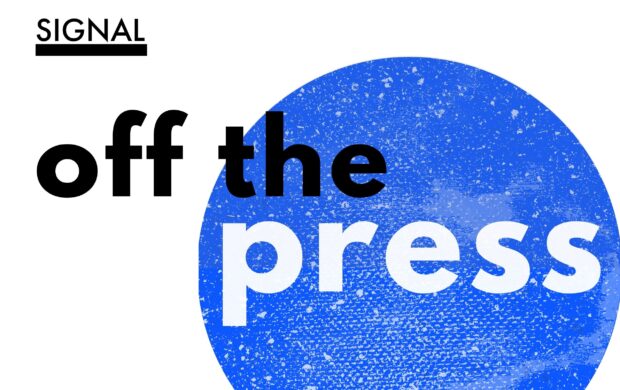Imagine going in to work one day to hear that your boss was going to double your salary and significantly increase the salaries of all your co-workers?

This became a reality for 120 employees at Gravity Payments – a credit-card payment processing company from Seattle.
CEO entrepreneur Dan Price decided to make this radical decision after viewing research which showed that additional money makes a positive mark on the emotional wellbeing of people who earn less than $70,000 per annum, but not necessarily for those who earn more.
Reflecting upon his own wage of almost $1 million, he decided to spread profits evenly amongst his workforce – lowering his own salary to $70,000 and raising the salary of even the lowest paid workers to $70,000pa over the next three years. This leap of faith is the first decision of its kind in the business world.
In the USA, the average annual salary for a CEO was $15.2 million in 2013, up by 21.7% since 2010. As a result, the average ratio of CEO to worker payment was 295 to 1.




![Poetry]](https://www.thefuturescentre.org/wp-content/uploads/2018/07/Poetry-620x390.jpg)






